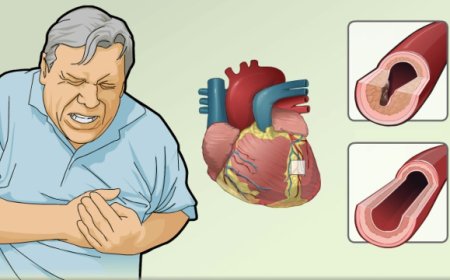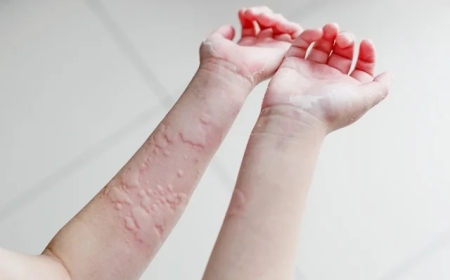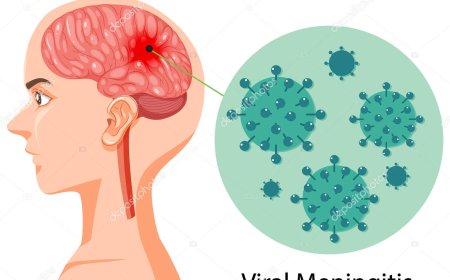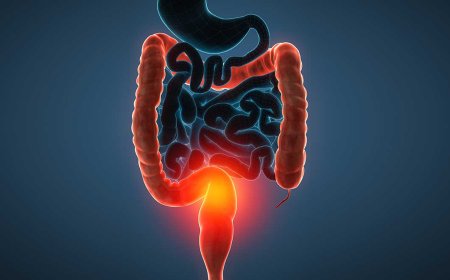Cystic Fibrosis (CF)
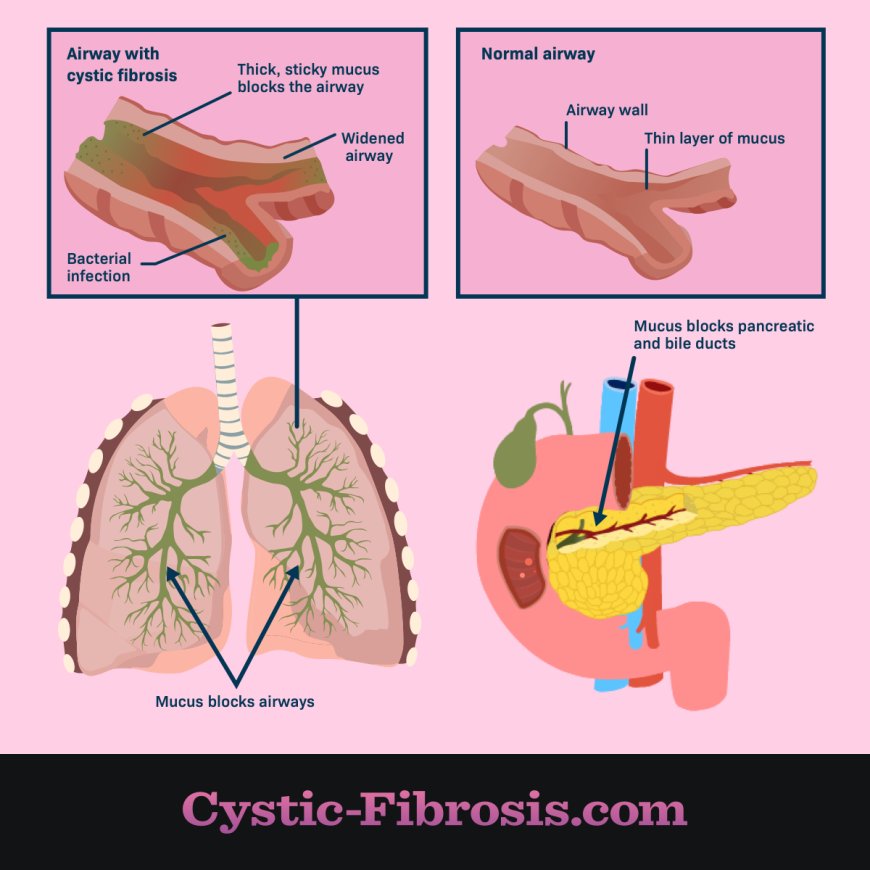
Introduction :
In this article, we'll embark on a journey to understand Cystic Fibrosis (CF), a condition that affects some people in India. We'll explore what CF is, its signs and symptoms, causes, risk factors, types, diagnostic tests, treatments, complications, and prevention techniques, all explained in simple language for our 10-year-old readers.
Signs and Symptoms:
CF can be like a gentle storm in the body, causing discomfort and affecting a person's breathing and digestion. Some common signs and symptoms of CF include:
- Frequent coughing, like having a pesky visitor in the chest that doesn't go away easily.
- Difficulty in breathing, especially during physical activities like running or playing.
- Digestive problems, like having tummy aches and trouble gaining weight.
What is Cystic Fibrosis (CF)? :
Cystic Fibrosis (CF) is a condition that affects the lungs and digestive system, making it hard to breathe and digest food properly. It's like having tiny sticky glue inside the body that causes trouble.
How Is Cystic Fibrosis (CF) Classified? :
CF is classified based on the severity of the condition and how it affects different parts of the body. This helps doctors understand how to support and treat those with CF.
Causes and Triggers:
The exact causes of CF are due to changes in a special part of the body called the gene. This gene helps the body make mucus and digestive juices, which are important for breathing and digesting food.
Risk Factors with Examples:
CF is usually passed down from parents to children through genes. For example:
- If both parents have a special gene, they may pass it on to their children, increasing the risk of CF.
- Sometimes, CF can happen even if there is no family history, but it's not very common.
Types of Cystic Fibrosis (CF):
CF doesn't have different types, but it can vary in how it affects each person. Some people may have more severe symptoms than others.
Diagnostic Tests and Their Use:
To diagnose CF, doctors may use different tests to check how the lungs and digestive system are working. Some common tests include:
- Sweat Test: This is like playing a fun game where a small amount of sweat is collected to check the salt levels, which can be higher in people with CF.
- Chest X-ray: This is like taking a picture of the lungs to check for any problems.
Treatments:
Treating CF aims to manage symptoms and improve overall health. Some common treatments are:
- Airway Clearance Techniques: These are like doing special exercises or using special devices to help clear mucus from the lungs.
- Enzyme Replacement: This involves taking special medicine to help with digesting food better.
Complications of Cystic Fibrosis (CF):
If CF is not managed well, it can lead to severe breathing problems and difficulty gaining weight, affecting a person's ability to do everyday activities.
Prevention Techniques:
While CF may not always be preventable, some techniques can help manage it and support overall well-being. For example:
- Taking special medicines as prescribed by doctors to keep the lungs and digestion healthy.
- Eating healthy food and staying active to keep the body strong.
Remember, just like how we take care of our favorite toys and keep them in good shape, taking care of our bodies is essential too! If anyone has CF or feels unwell, it's essential to talk to a healthcare professional for proper evaluation and guidance. With proper care, support, and courage, those with CF can navigate life's journey in India with strength and resilience, embracing every joyful moment and shining bright like stars in the sky!
What's Your Reaction?
 Like
0
Like
0
 Dislike
0
Dislike
0
 Love
0
Love
0
 Funny
0
Funny
0
 Angry
0
Angry
0
 Sad
0
Sad
0
 Wow
0
Wow
0


























































